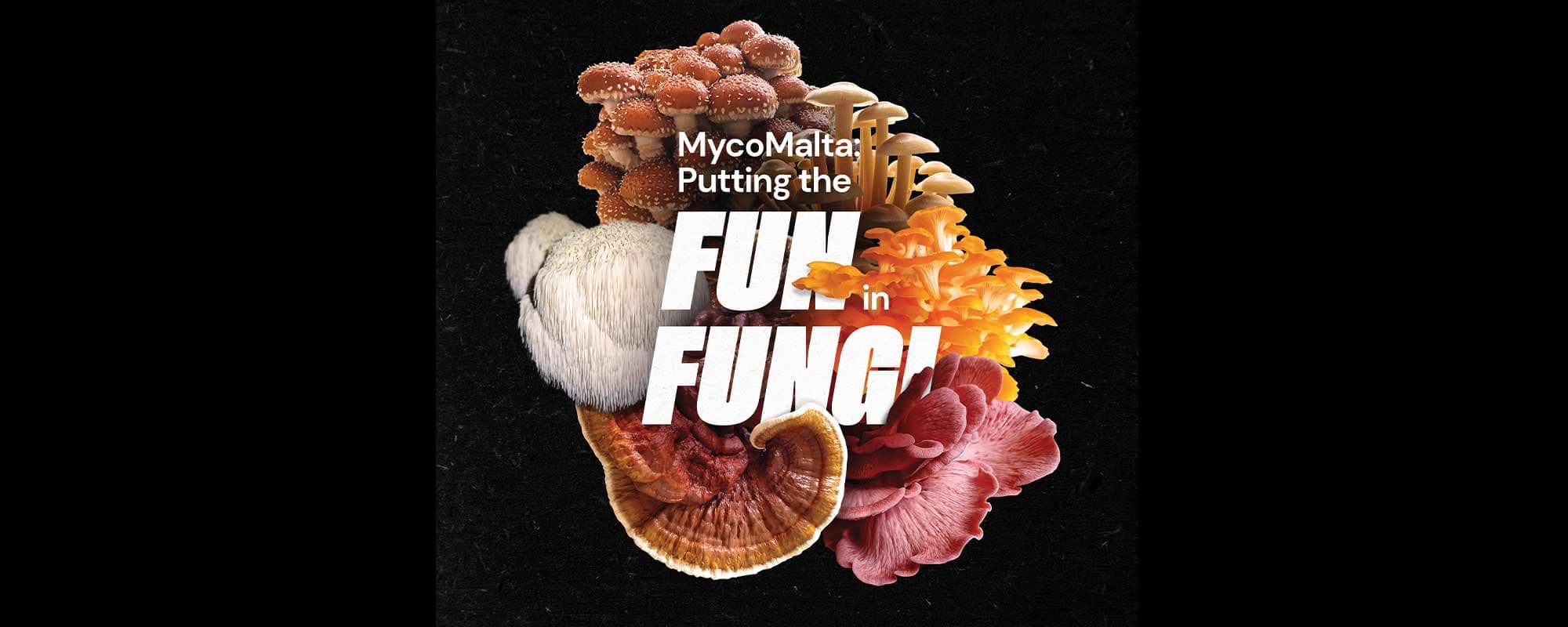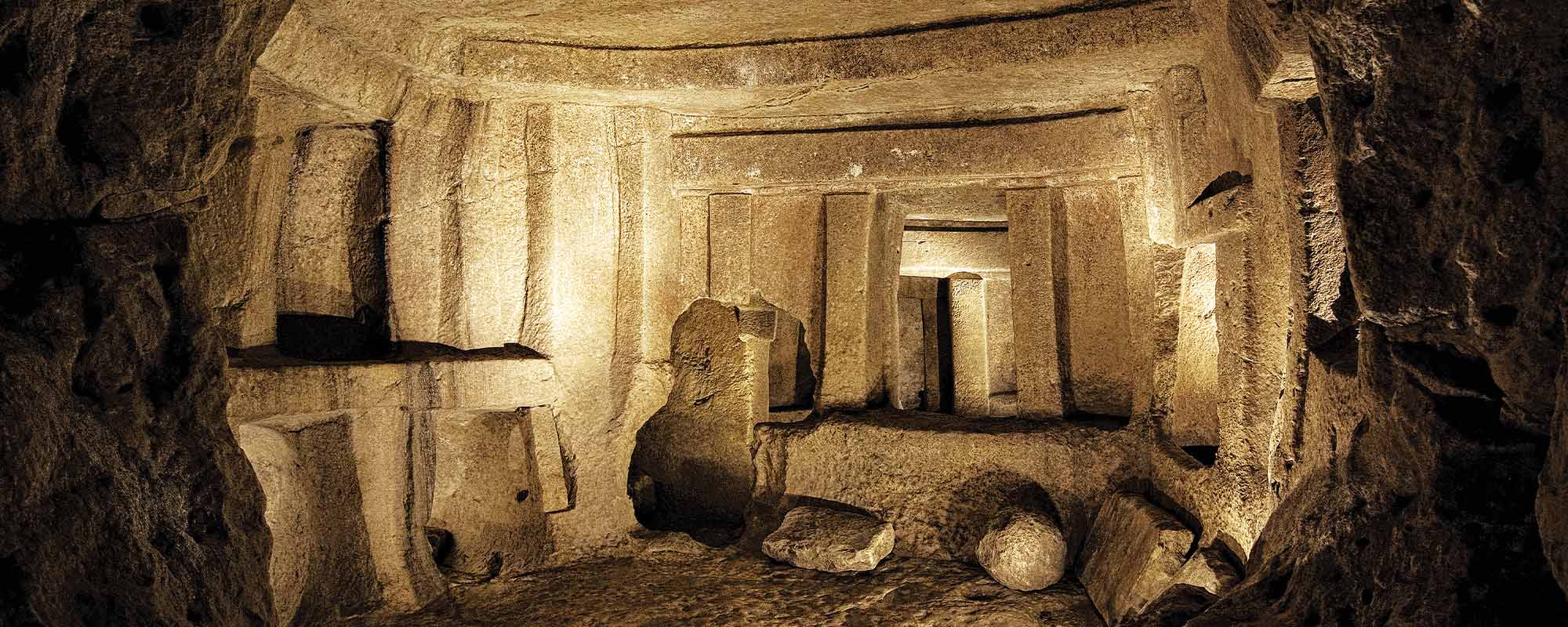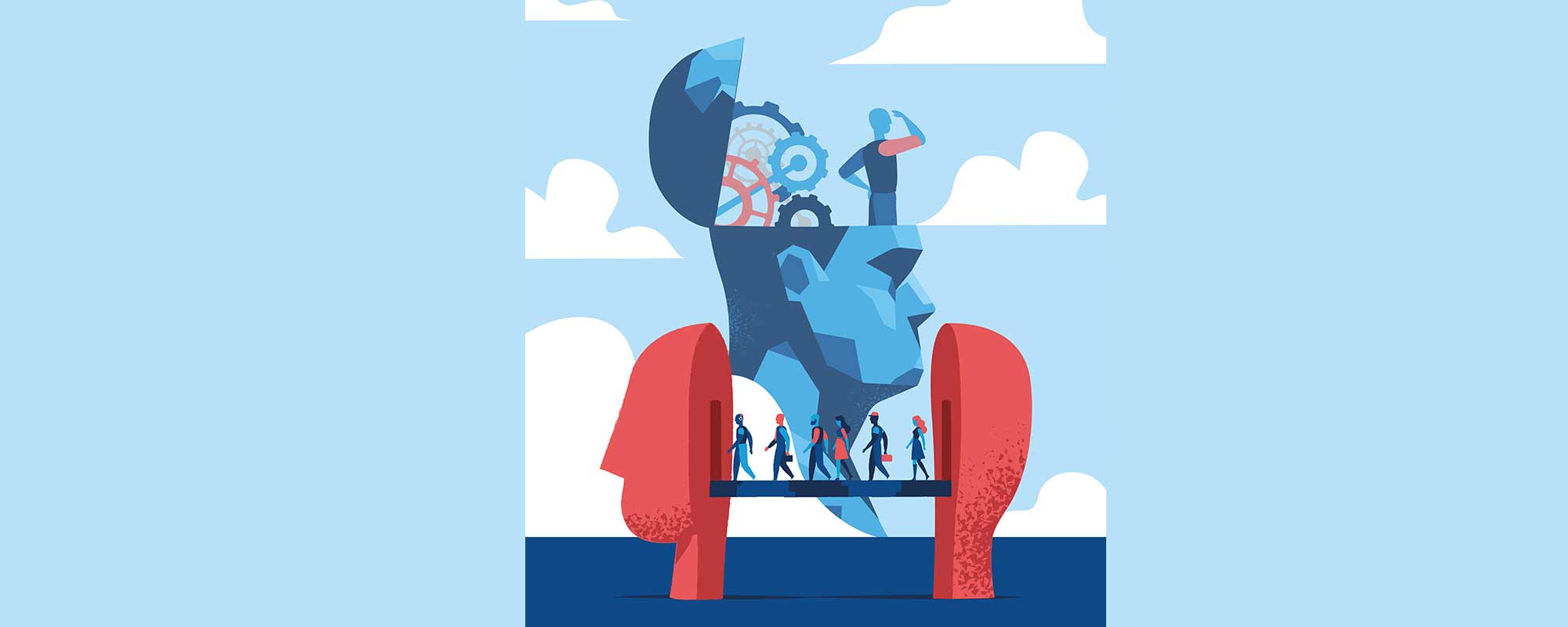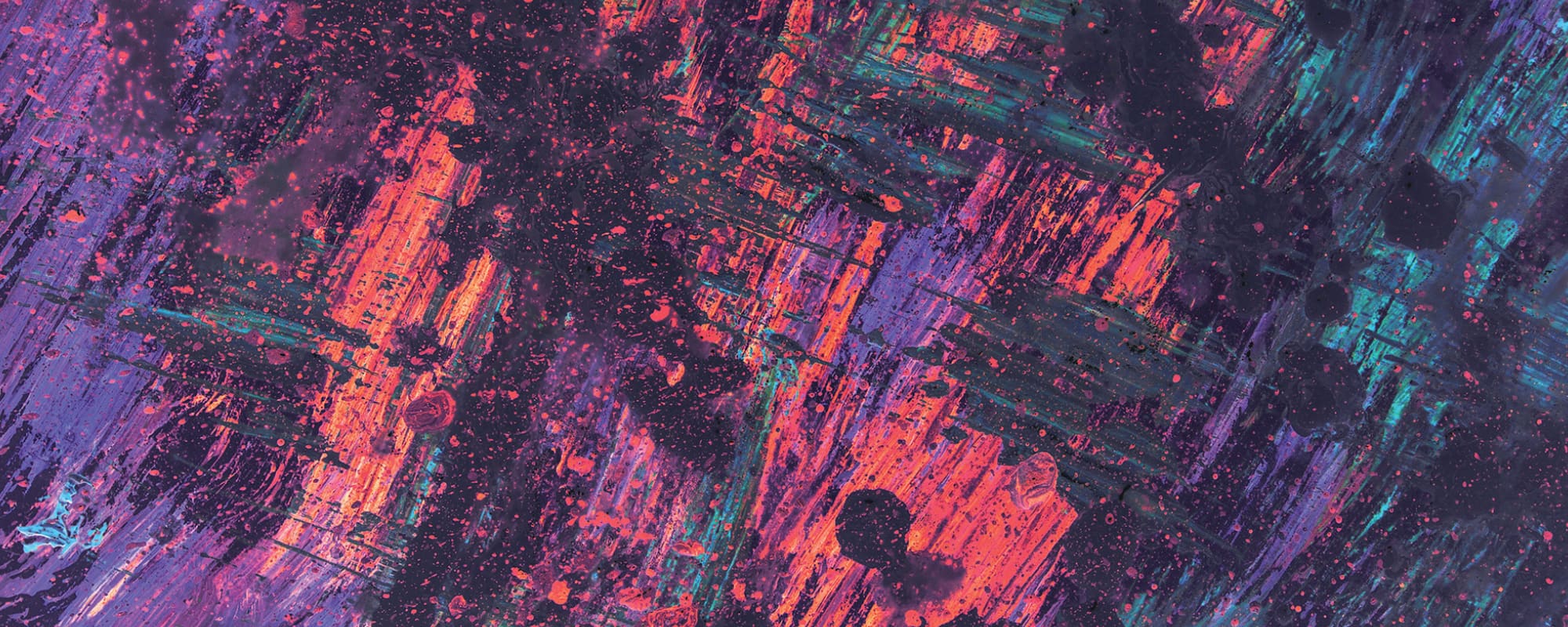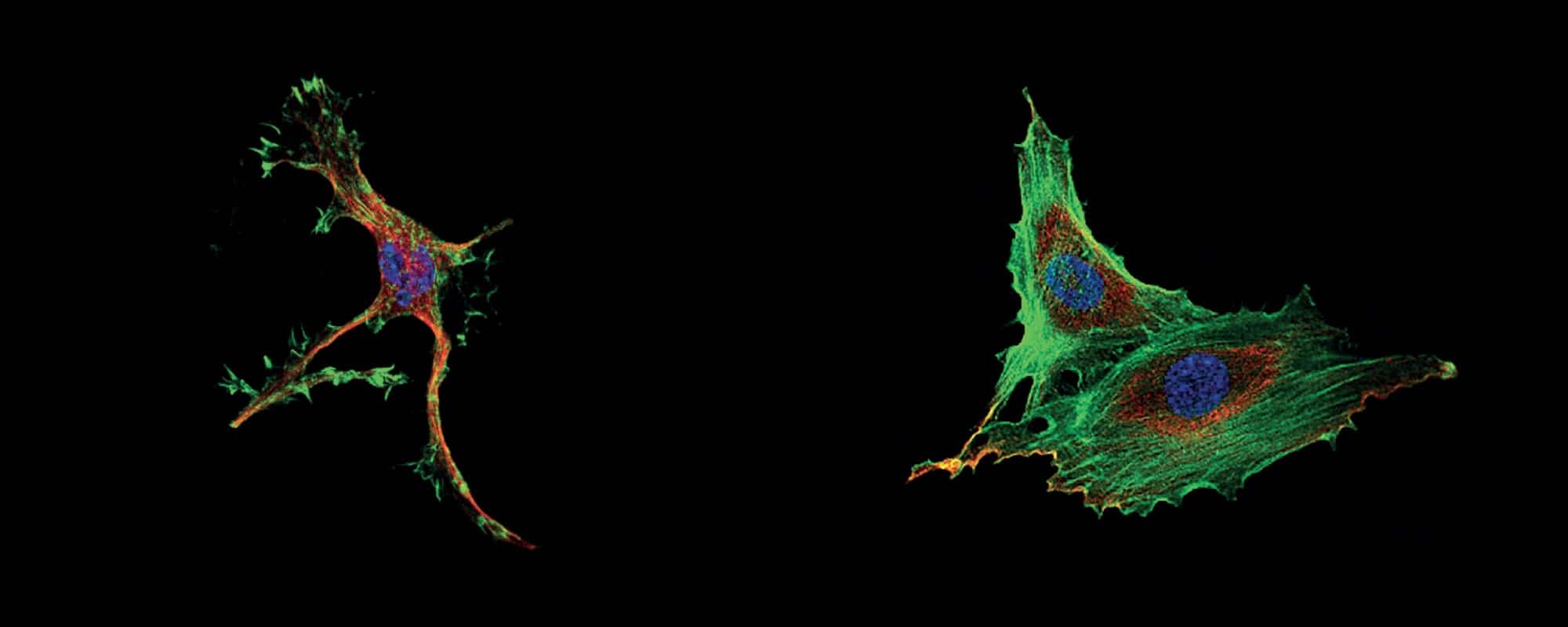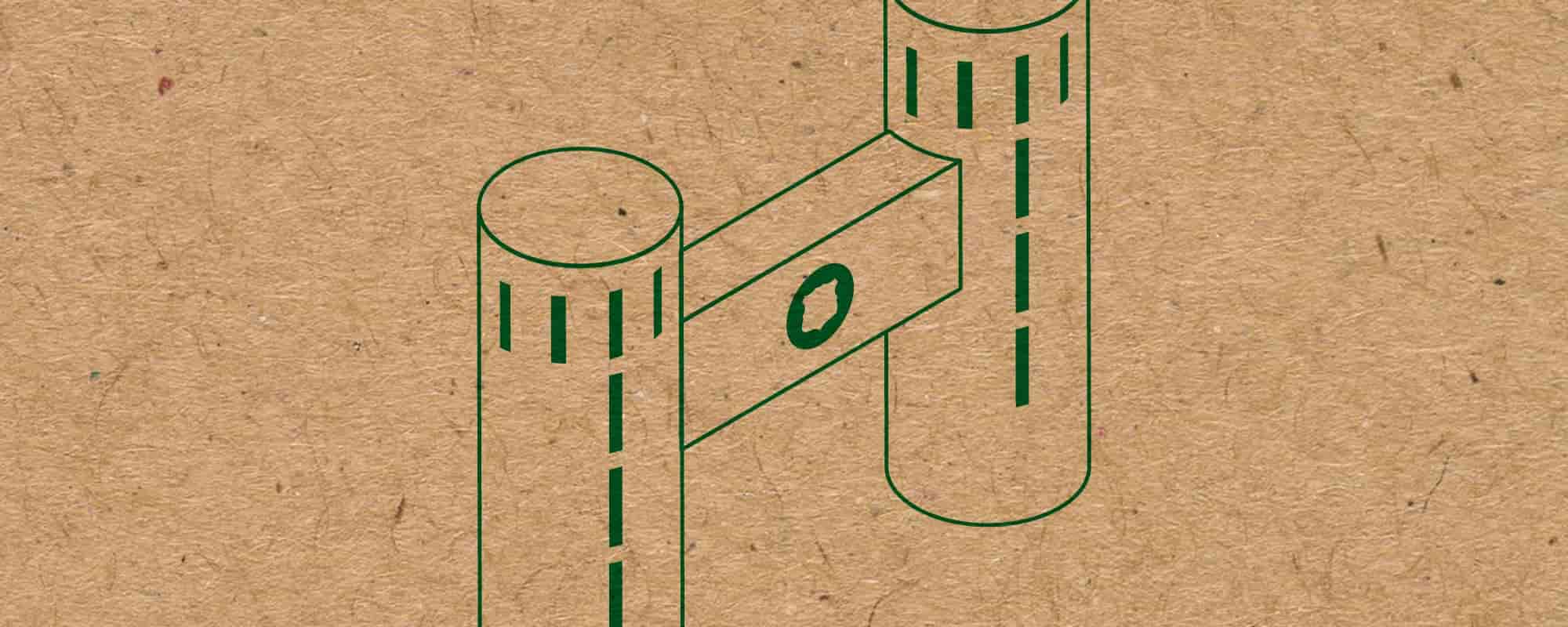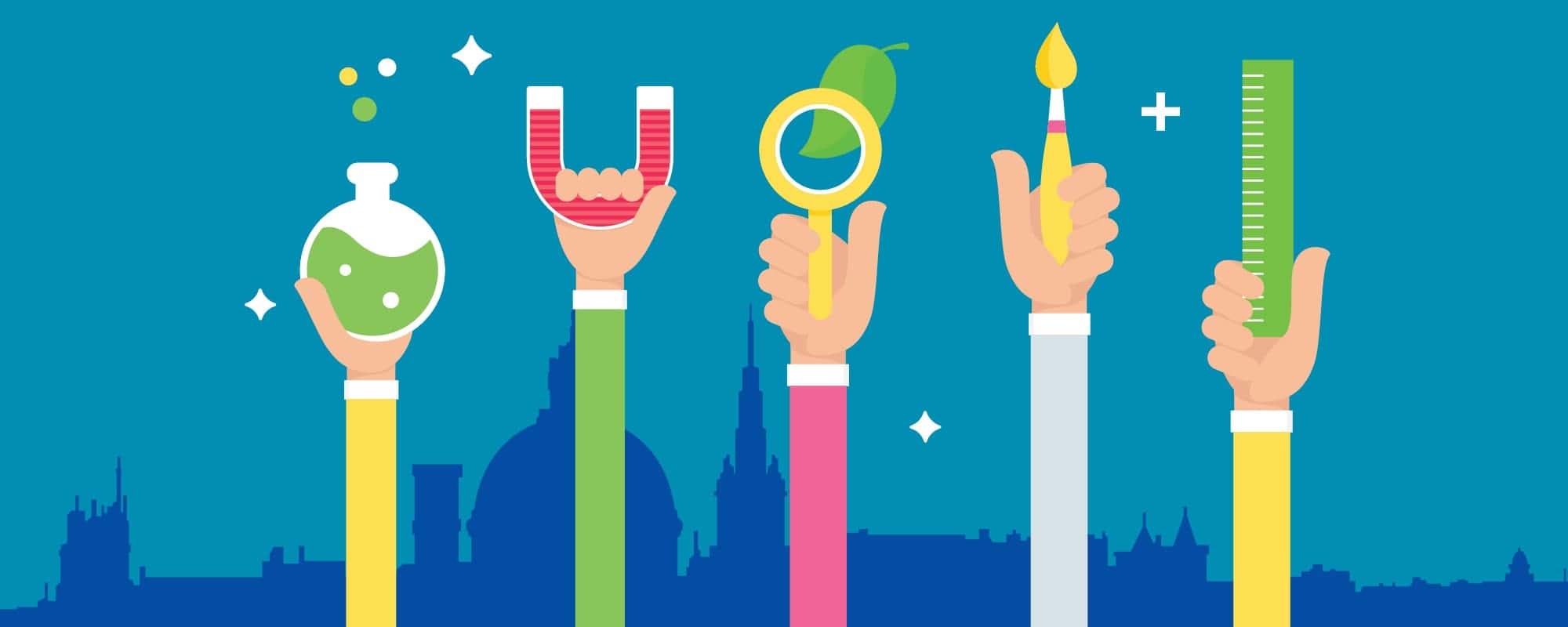Have you ever wondered how mushrooms grow? A Maltese company, sharing its founder’s love for fungi, is delighting kids and grown-ups with the experience of growing their own mushrooms in the comfort of their home.
Continue readingReconsidering Reason: Ableism and Speciesism in Moral Philosophy
The ability to reason has been the hallmark of humanity for centuries. It has been used as the foundation for numerous ethical systems. Yet using reason as humanity’s signature feature ostracises those with severe to profound cognitive disabilities, giving moral philosophy ableist undertones. THINK speaks with Dr Kurt Borg and Prof. Anne-Marie Callus to discuss.
Continue readingAncient Performance in the Underworld: The Theatre of Ħal Saflieni
Malta’s Late-Neolithic civilisation erected many magnificent structures, including the Hypogeum of Ħal Saflieni. Using Ħal Saflieni as a case study, new research by Dawn Adrienne Saliba suggests that this structure was likely used for performance rituals and represents an early form of proto-theatre.
Continue readingBeyond Labels: Rethinking Identity Politics, Equity, and Democracy
In the struggle for increased social and economic rights, it is easy to make the mistake of failing to grasp nuances and different perspectives. Dr Michael Briguglio challenges some of the preconceived notions which persist in modern political discourse, particularly lumping together movements and groups which have important distinctions. In this interview, Briguglio makes the case for liberal democracy and answers key questions on issues of representation and identity.
Continue readingMaking Electrical Drives More Efficient
The climate crisis urges us to use every means of reducing CO2 emissions. To reduce the energy consumption of electrical drive applications, researchers from the Faculty of Engineering at the University of Malta are working on a hybrid inverter drive. This device will be able to adjust the power input to an electric motor, thus avoiding power losses. With 8 billion electric motors in the EU alone, even small energy savings can scale up to big contributions towards a sustainable future.
Continue readingSchizophrenia and Art
Schizophrenia is a mental disorder that affects reality perception, but studies suggest that individuals with it tend to have superior creative skills. Art therapy is used to address negative aspects of the disorder and may help diagnose it. Art can serve as an outlet to express what cannot be described in words, and its content can vary significantly between those with the disorder and healthy individuals.
Continue readingScrambled, Messy, and Squashed: The Cell’s Skeleton and a Toxin
Campus Sustainability: University of Malta Leads the Way
The University of Malta (UM) has set out to become a sustainability ‘Living Laboratory’. Jonathan Firbank speaks with Prof. Maria Attard about the Committee for Sustainability at the University of Malta, C-SUM, and its role in this interdisciplinary, interdepartmental experiment.
Continue readingFull STEAM Ahead
Change is unavoidable. Yet as creatures of habit, it is safe to say that change is not a comforting prospect to most, because let’s face it, change can be pretty darn scary. Many dread the loss of control and autonomy that accompanies the unknown, choosing an unpleasant situation over opting to take the proverbial leap that would change their lives for the better.

And yet, social and environmental change is a stark reality. It is knocking on our doors, demanding attention, threatening to overcome and leave us reeling in the aftermath of what we ourselves have created. How then do we take the leap; how do we eschew the devil we know and look to make the changes we so desperately need?
The answer lies in five letters, STEAM: Science, Technology, Engineering, Arts, and Maths. We’re not talking rocket science, although all innovators and researchers do look to STEAM to develop ideas and knowledge. STEAM skills are what empower changemakers working within their communities on all kinds of projects, big and small. Whether we’re designing a recycling initiative, creating a website, or learning about biodiversity and local ecosystems, we need to draw on a powerful set of STEAM skills. It is this skill set that can help citizens all over the world face current challenges: climate catastrophe, lack of inclusivity, and health issues, to name a few.
Through creativity, the Science in the City (SitC) team is looking to engage people from all walks of life with STEAM. The 2023 festival’s goal is to empower and encourage citizens to be the change they want to see. Cliché? Definitely, but it’s today’s reality, and every one of us needs to wake up to this particular reality if we are to have a future on this planet.
The festival activities for 2023 will challenge convention and work to alter the mindset that has brought us all to this point. We cannot simply wait for the education system to implement changes for tomorrow. We need to mobilise our youth and our young-at-heart today to become agents of change. STEAM is key to achieving Sustainable Development Goals, living in an inclusive society, and embracing diversity. So join the SitC movement, get unstuck, and start leading change from wherever you are, because the world has never been more ready for it!
New Targets in the Fight against Cancer
Cancer behaviour is highly complex. Tumour cells are adept at evading the body’s defence mechanisms and therapeutic drugs over time. At Mater Dei Hospital, a multidisciplinary team of health professionals is analysing a rare case of cancer cell transformation that may uncover new therapeutic approaches for patients with this cancer type.
Continue reading
